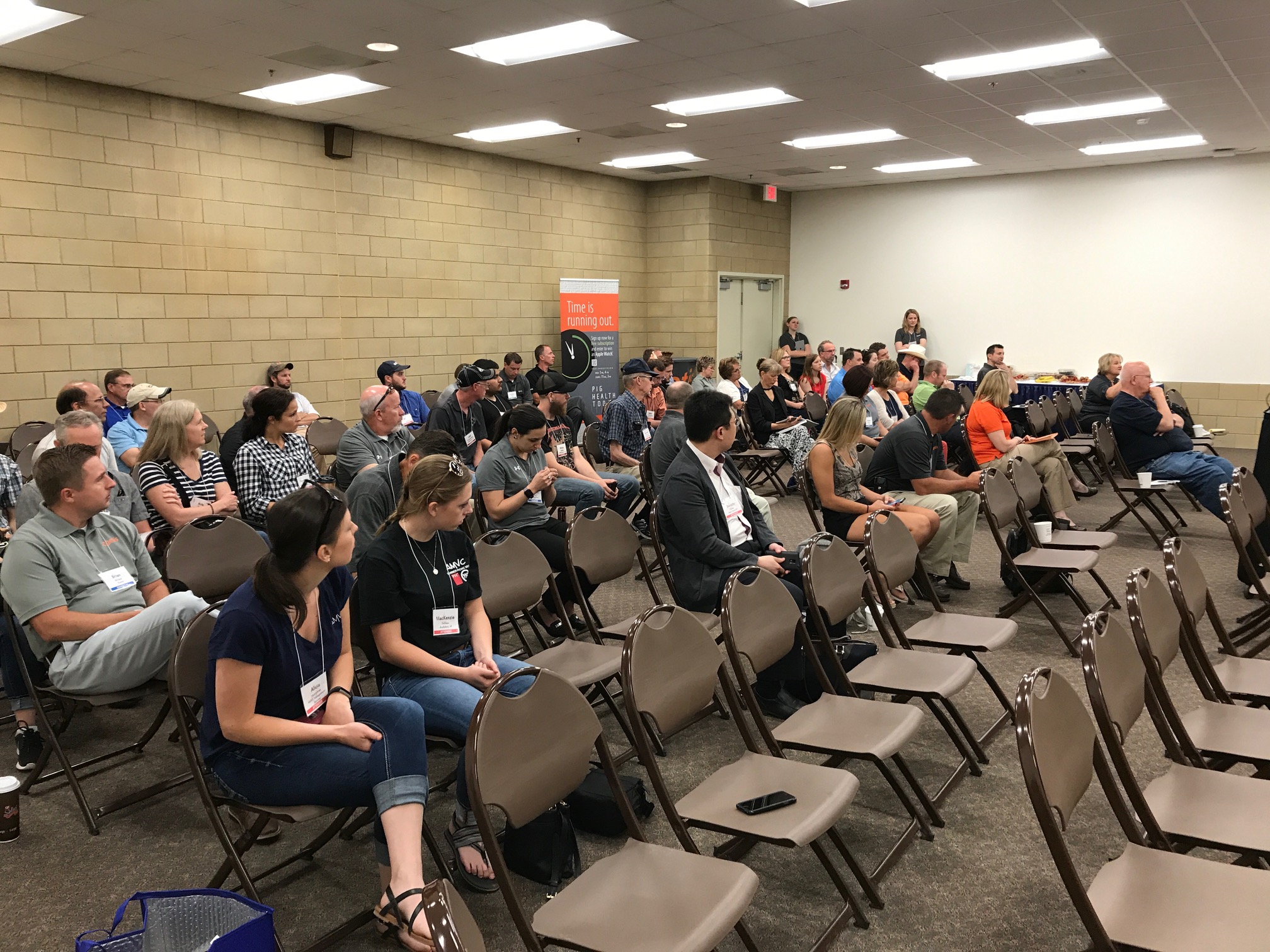



World Pork Expo: Consumer Perceptions About Food, Food Safety
ANALYSIS - How do consumers really feel about their food and beverage choices in the supermarket and restaurants?Dr. Tamika Sims, director with the International Food Information Council in Washington D.C., spoke to pork producers at a learning session sponsored by Zoetis at the World Pork Expo in Des Moines, Iowa, USA, about consumer perceptions when they're shopping or dining at a restaurant, how labels can impact consumer choices and food safety perceptions.

"What we found is that labels, such as "organic" and also "natural" and "raised without antibiotics" have an impact on consumer choices - more so for food and beverage purchases in a store rather than in a restaurant," Dr. Sims said.
She also talked with the group about how consumers are confused about the choices that they make.
"While they trust a professional like a doctor or a registered dietitian for getting information, that's not necessarily the person they go to to get their information. They're actually more likely to get information from friends and family members," she said. "This actually results in a lot of conflicting information being given to the consumer. So, it leaves them kind of befuddled and doubting their choices and whether or not they've chosen something healthy or chosen something that's good and safe for them as well."
A new trend being seen this year is consumers who are looking for "clean labels" when they shop.
"They want to have products with lesser ingredients, and ingredients that they recognize. They want to know more about where the food comes from," Dr. Sims said. "We're looking more at how manufacturers can meet this demand and have a clean label. Certainly, there's a necessity for some ingredients that may not be recognizable to the general consumer. So companies are going to have to either be prepared to replace certain things or explain [ingredients] more than normal."
IFIC is a US-based association dedicated to effectively communicating science-based information on health, nutrition and food safety for the public good. To learn more, click here.










